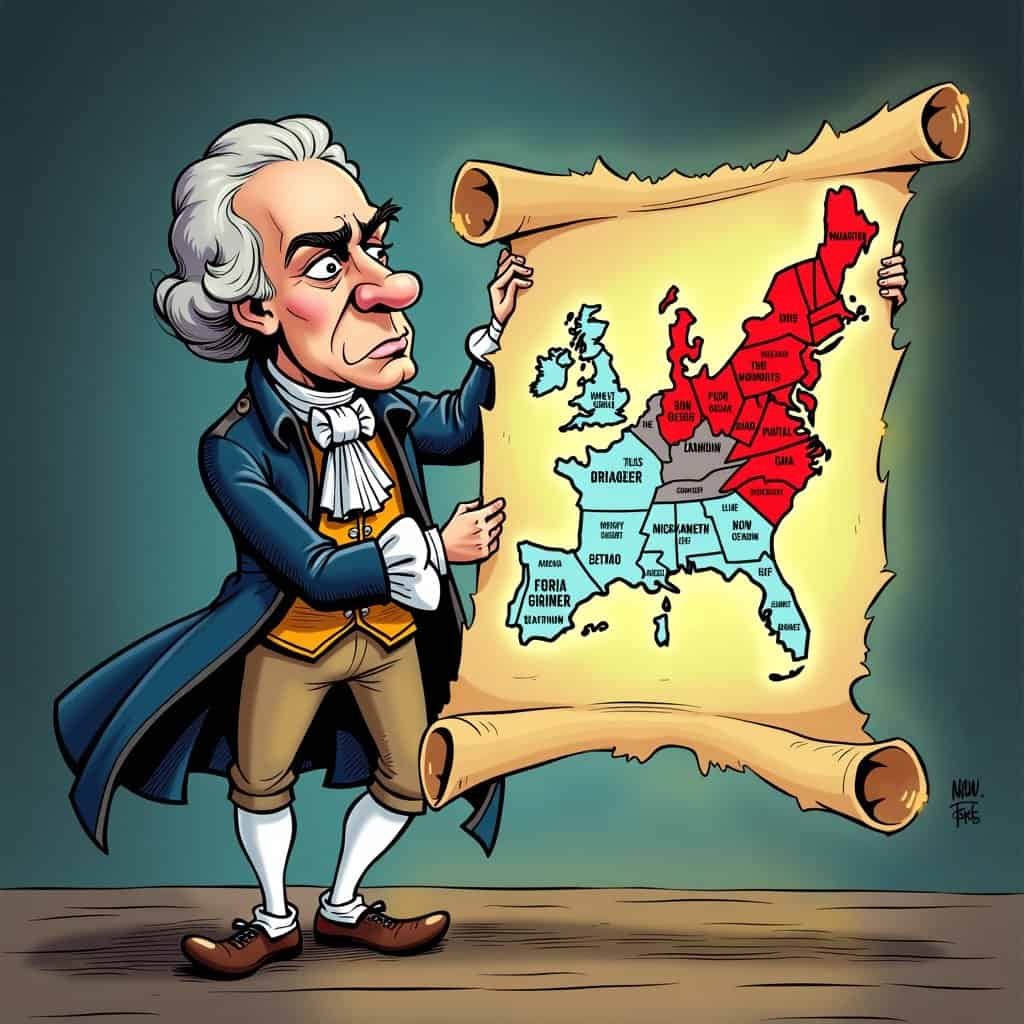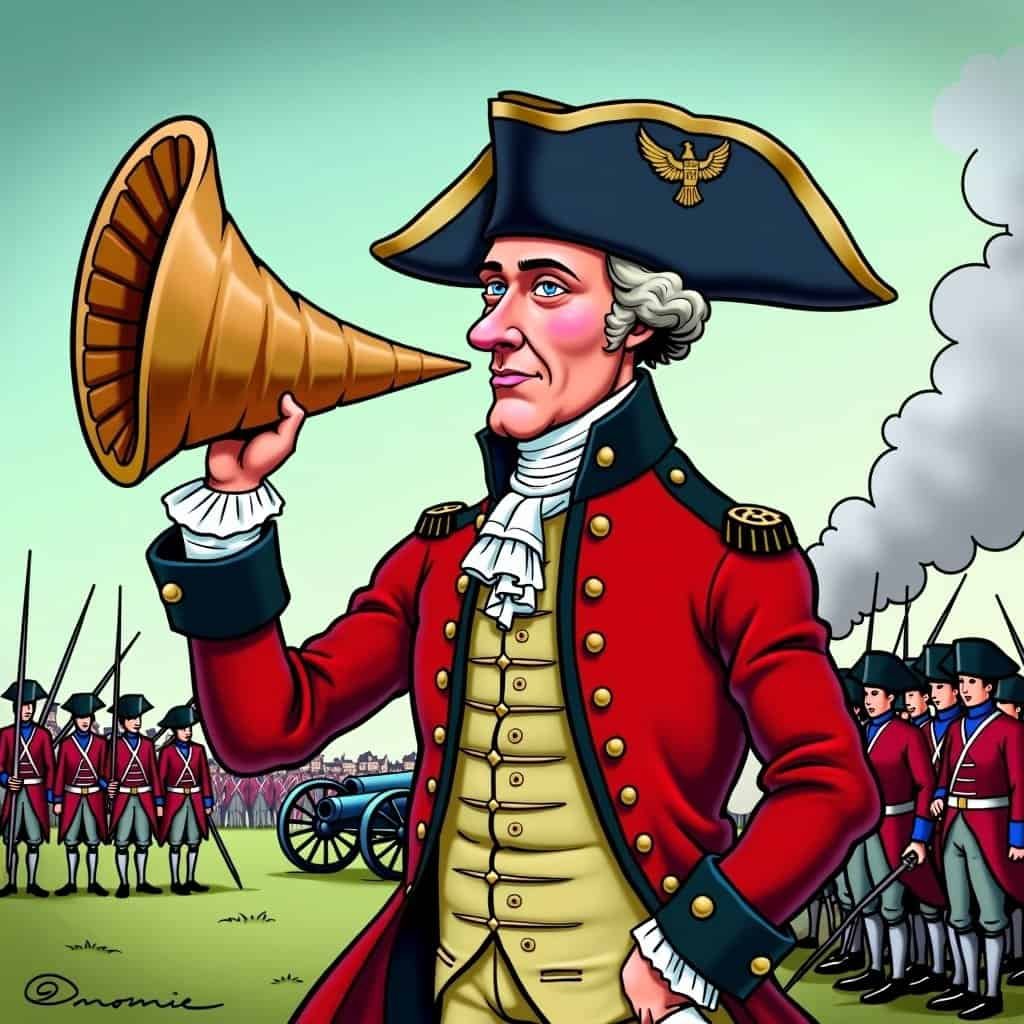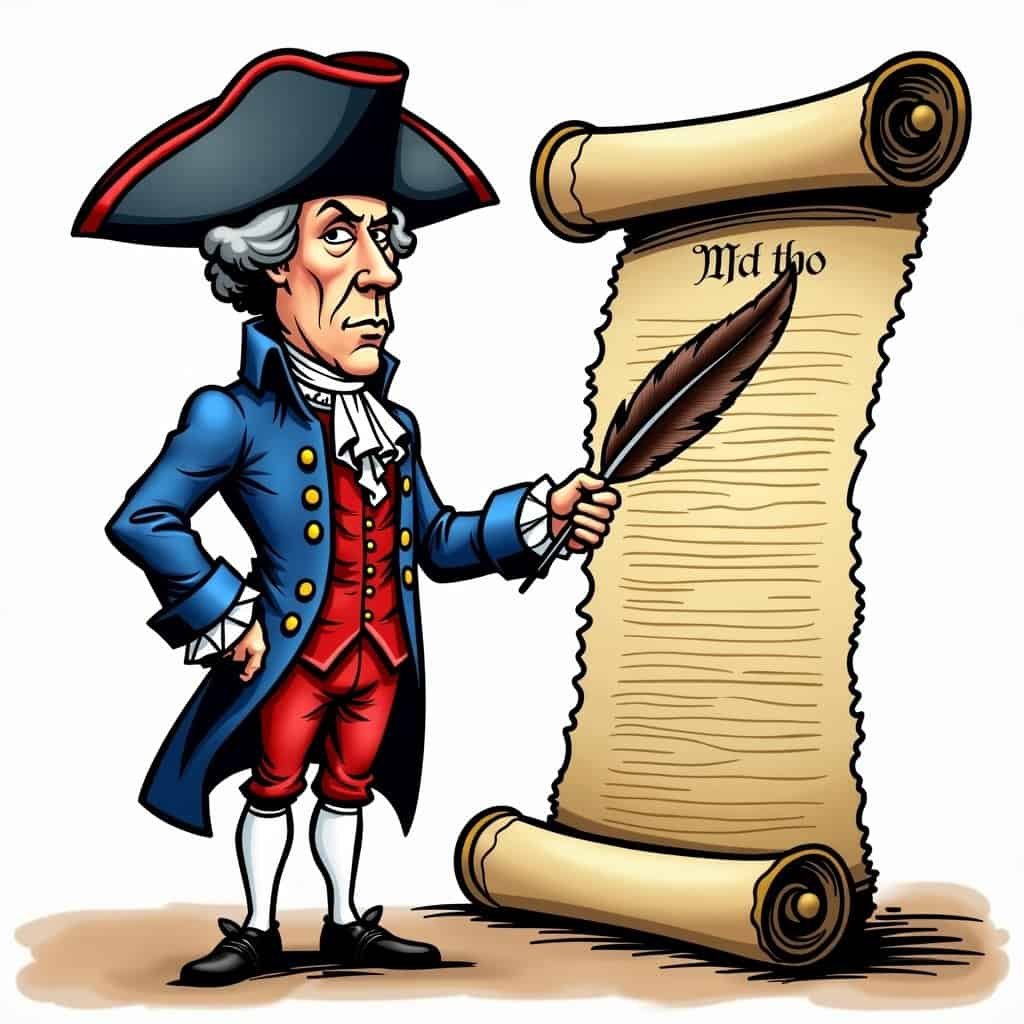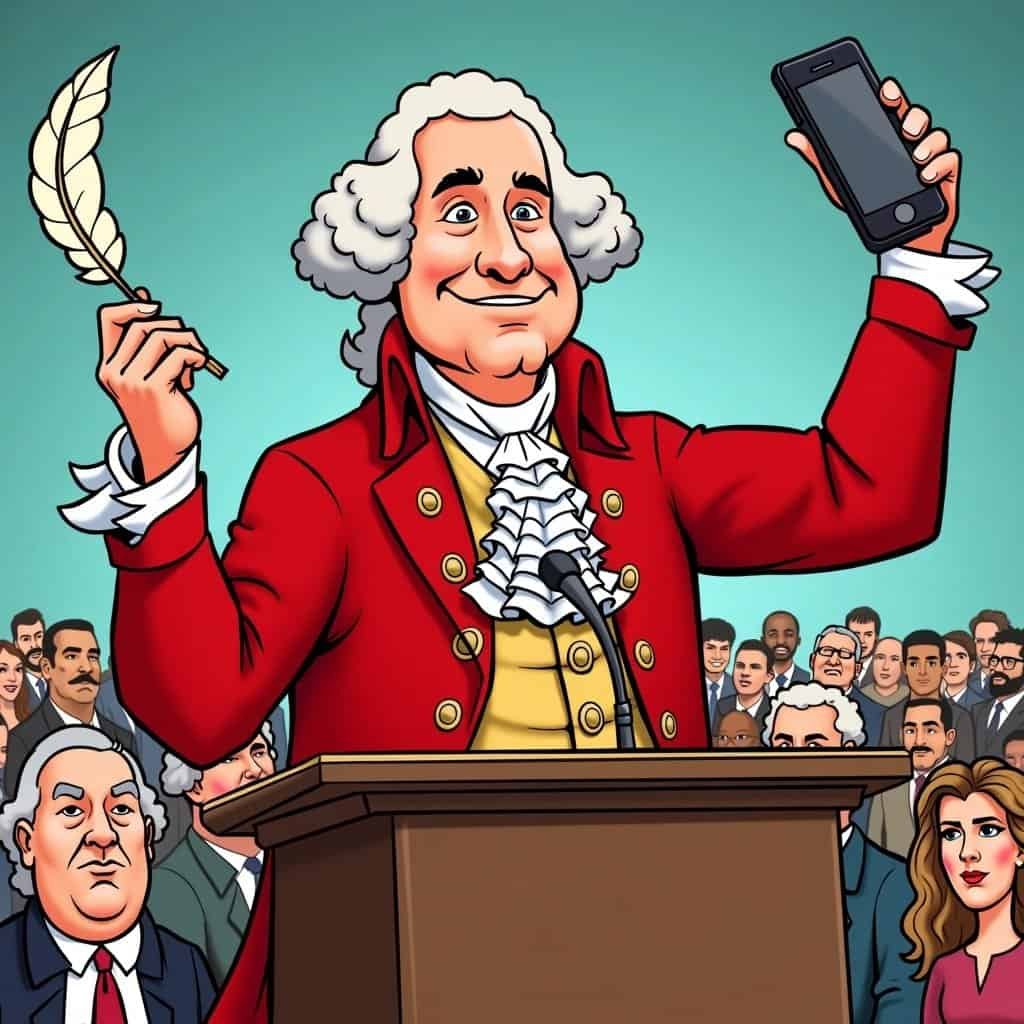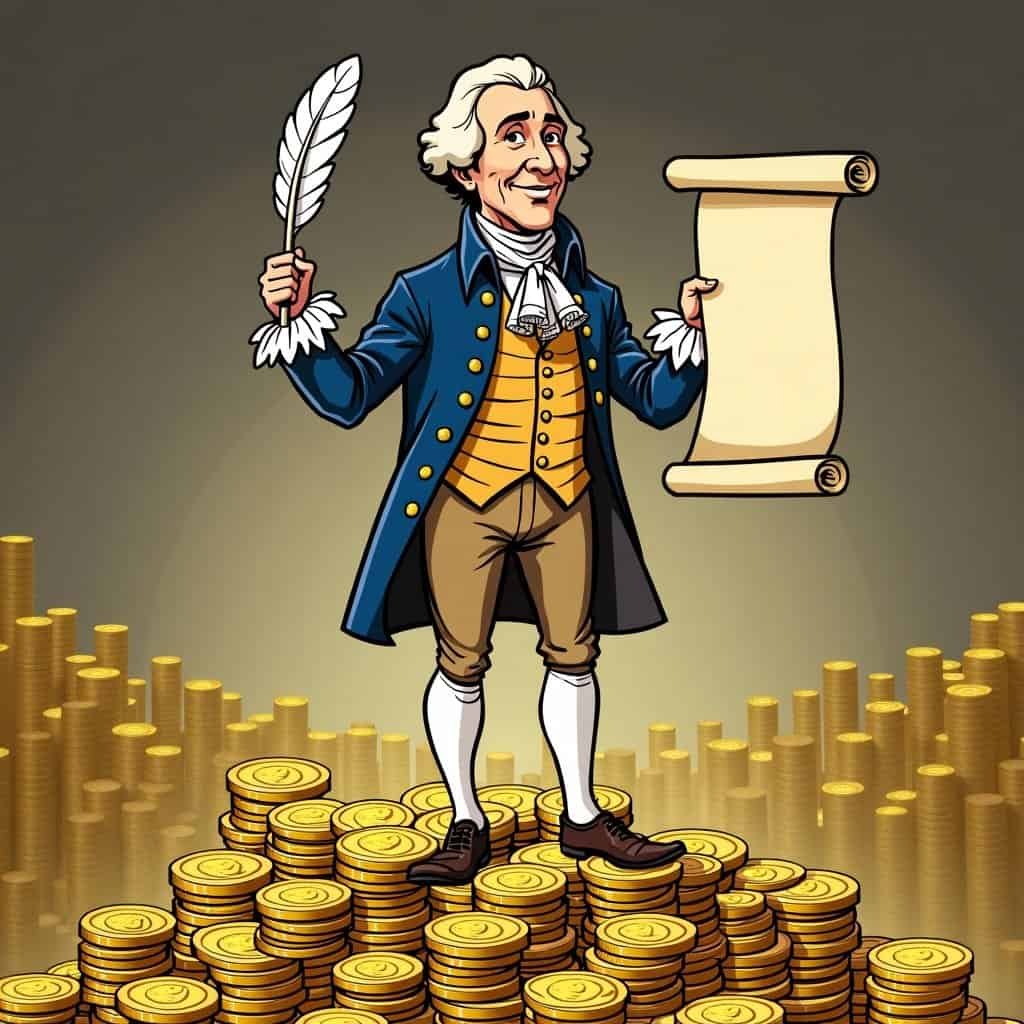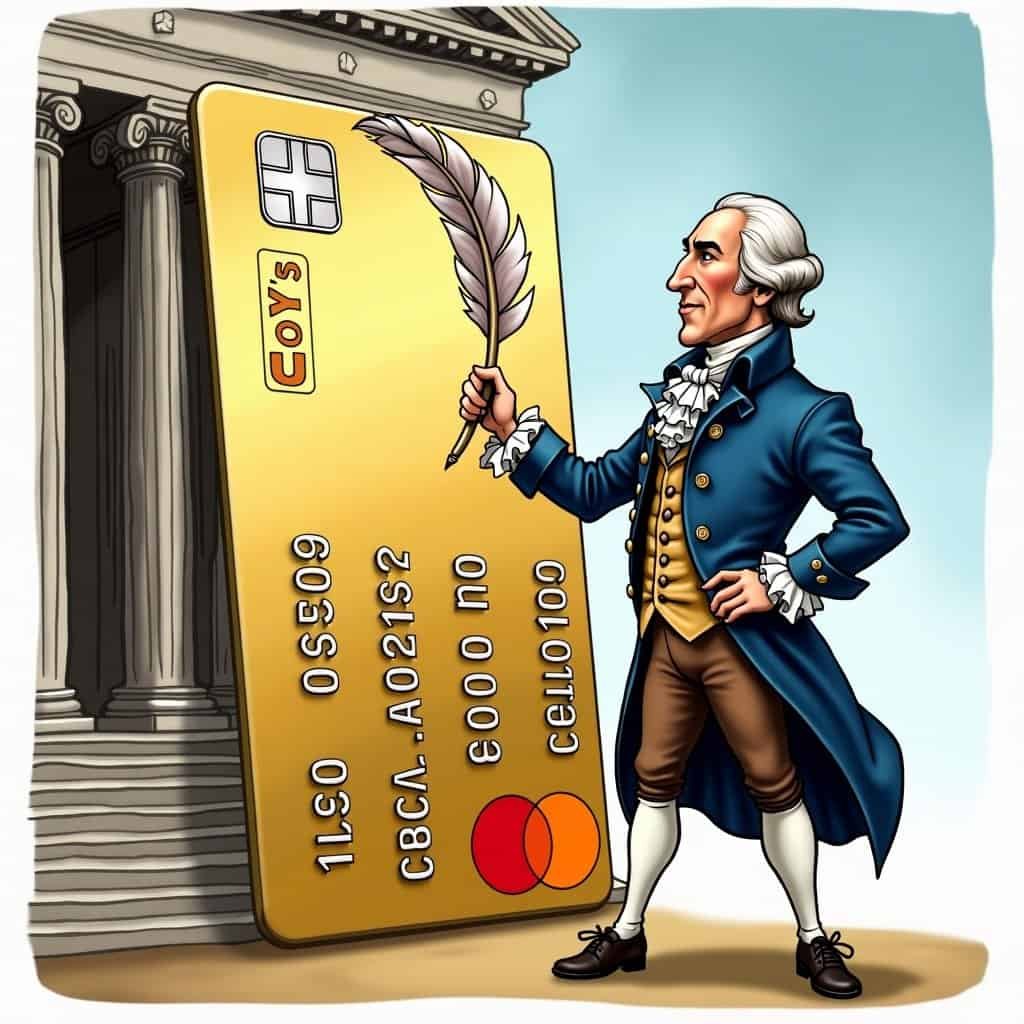Who would’ve thought a “recount” story could involve powdered wigs and parchment? Alexander Hamilton’s meddling in the 1800 presidential election might make today’s political operatives green with envy. No electronic voting machines or Twitter spats here – just good old-fashioned scheming wrapped in Federalist anxiety and the growing pains of a young democracy.
Picture Hamilton, the ultimate go-getter, who went from rags to riches faster than you can say ‘duel.’ Not satisfied with overhauling America’s finances, our boy Alexander decided to leave his mark on an election. The 1800 race wasn’t your typical two-horse race – imagine a political hoedown with Thomas Jefferson, Aaron Burr, and John Adams stumbling around. Instead of subtle politicking, we got Hamilton’s special brand of meddling.
Hamilton wasn’t exactly Jefferson’s biggest fan, probably finding him a bit too fond of those pesky ‘states’ rights.’ But his dislike for Aaron Burr was on another level. Hamilton accused Burr of being downright allergic to principles – something that might make you chuckle if you’ve ever read Burr’s ill-fated memoirs. When it came down to the wire in the House of Representatives, Hamilton threw his weight behind Jefferson, seeing him as just a misguided thinker compared to Burr’s naked ambition.
Hamilton’s Influence on the 1800 Election
| Candidate | Hamilton’s View | Outcome |
|---|---|---|
| Thomas Jefferson | Misguided philosopher | Became President |
| Aaron Burr | Dangerously ambitious | Political irrelevance |
| John Adams | Fellow Federalist | Lost re-election |
Here’s a head-scratcher for today’s conservatives: Doesn’t Hamilton’s story show that sometimes saving a republic means making unexpected choices? Unlike today’s progressive agenda, which seems to love decisions that chip away at independence through centralization, Hamilton acted with foresight (even if it was through terse letters and epic rants). He wasn’t a fan of power grabs through fuzzy ideologies. In this fight, he might have sketched out early conservative instincts – striking a balance between Federal authority and protecting liberty.
Let’s not forget that Hamilton’s bold move earned him some serious side-eye for years after. Even back then, political talking heads might have grumbled: ‘This guy’s tanking his own party’s chances faster than you can say ‘Electoral College.’ In the end, Jefferson became president, Aaron Burr stewed in political obscurity, and Hamilton cemented his legacy as the Founding Father who could drop fiery takedowns before Twitter even dreamed of trending topics.
Lessons for Today’s Political Landscape
- Bold actions can have long-lasting consequences
- Principles should outweigh party loyalty
- The importance of foresight in political decisions
- Balancing federal authority with individual liberty
Ah, 1800 – a simpler yet tangled electoral maze sprinkled with wisdom and witty jabs. Is this early case of ‘election interference’ a call to arms for today’s conservative principles? Maybe it calls for some serious thinking. After all, the Federalist Party’s story reminds us of what never changes – the basic truth that while personal freedom goes hand in hand with responsibility, giving in to smooth-talking rabble-rousers leads to disaster. Hamilton would probably nod knowingly while watching today’s news. To twist one of his famous quotes, isn’t it always true that ‘power over people’s nature eventually shapes the future?’
Alexander would surely get a kick out of a bold twist in debates about protecting American success without trading away its timeless values. Perhaps we’re due for leaders willing to pen their principled essays long before chasing fleeting popularity under misguided, progressive banners! The heart of conservatism cheers Hamilton’s gutsy move – but let’s all agree Aaron’s short-sighted opportunism serves as a warning against unchecked ambition.
